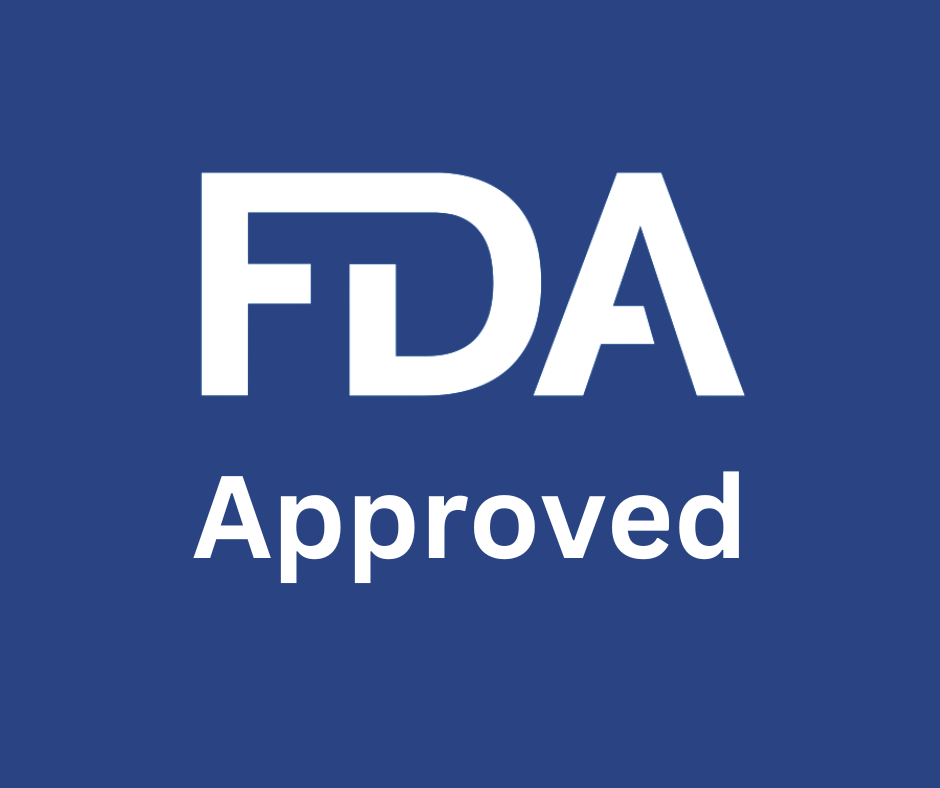On September 26, the U.S. Food and Drug Administration expanded the approval of bosutinib (Bosulif) to include pediatric patients 1 year of age and older. Previously, bosutinib had been approved for adults with newly diagnosed chronic phase Ph+ CML, as well as those with chronic, accelerated, or blast phase Ph+ CML resistant to or intolerant of prior therapy. Now, the approval has been extended to pediatric patients with Ph–positive, chronic-phase chronic myelogenous leukemia (CP-CML) that is newly diagnosed or resistant or intolerant to prior therapy.
Study ID number: NCT04258943
Approval was based on the phase 1/2 BCHILD, an open-label study that included 49 pediatric patients with Ph-positive CP-CML confirmed using a cytogenetic and molecular diagnosis. Patients below 16 years old were required to have Lansky performance status of at least 50% and for those above 16 years were required to have Karnofsky performance score of at least 50%. Bosutinib was given orally, with a dose of 300 mg/m2 once daily for newly diagnosed patients and 400 mg/m2 for resistant/intolerant patients, until there was a loss of major molecular response or other indications to discontinue treatment.
Efficacy was established on the rates of major cytogenetic response (MCyR), complete cytogenetic response (CCyR), and major molecular response (MMR).
Results of the study showed that at a median follow-up of 14.2 months for newly diagnosed patients, the MCyR rate was 76.2% (95% CI, 52.8%-91.8%), the CCyR rate was 71.4% (95% CI, 47.8%-88.7%), and the MMR was 28.6% (95% CI, 11.3%-52.3%). For patients with resistant/intolerant CP-CML, at a median follow-up of 23.2 months, the MCyR and CCyR rates were 82.1% (95% CI, 63.1%-93.9%) and 78.6% (95% CI, 59%-91.7%), respectively, with an MMR of 50% (95% CI, 30.6%-69.4%).
The BCHILD trial demonstrated that bosutinib is effective in inducing cytogenetic and molecular responses in pediatric patients with Ph-positive CP-CML.
Side effects of the medication included mostly gastrointestinal – diarrhea, abdominal pain, vomiting, nausea, hepatic dysfunction, decreased appetite, and constipation. It also included headache, pyrexia and rash among others. Laboratory abnormalities that worsened from baseline included increased creatinine, increased alanine aminotransferase, increased aspartate aminotransferase, decreased white blood cell count, and decreased platelet count.





